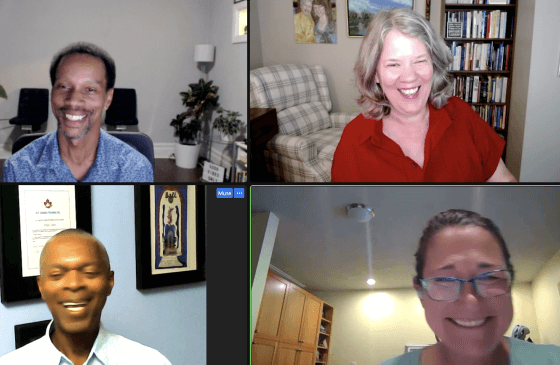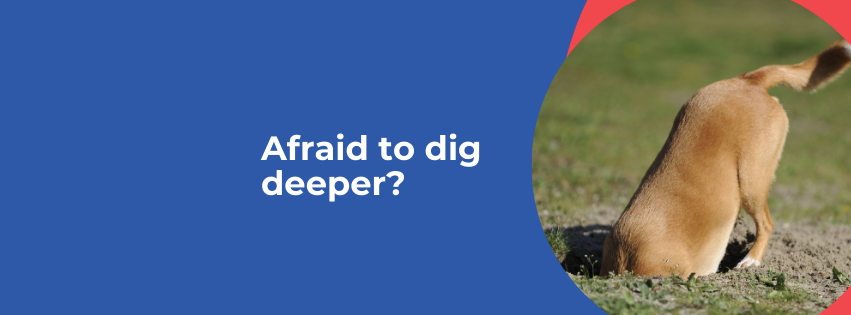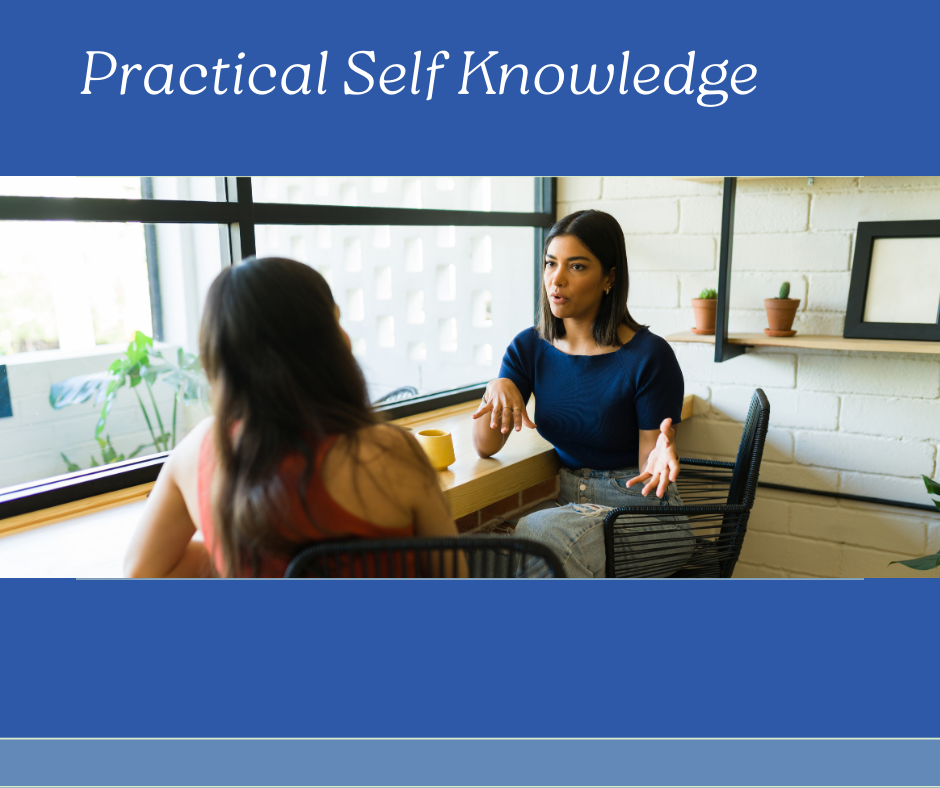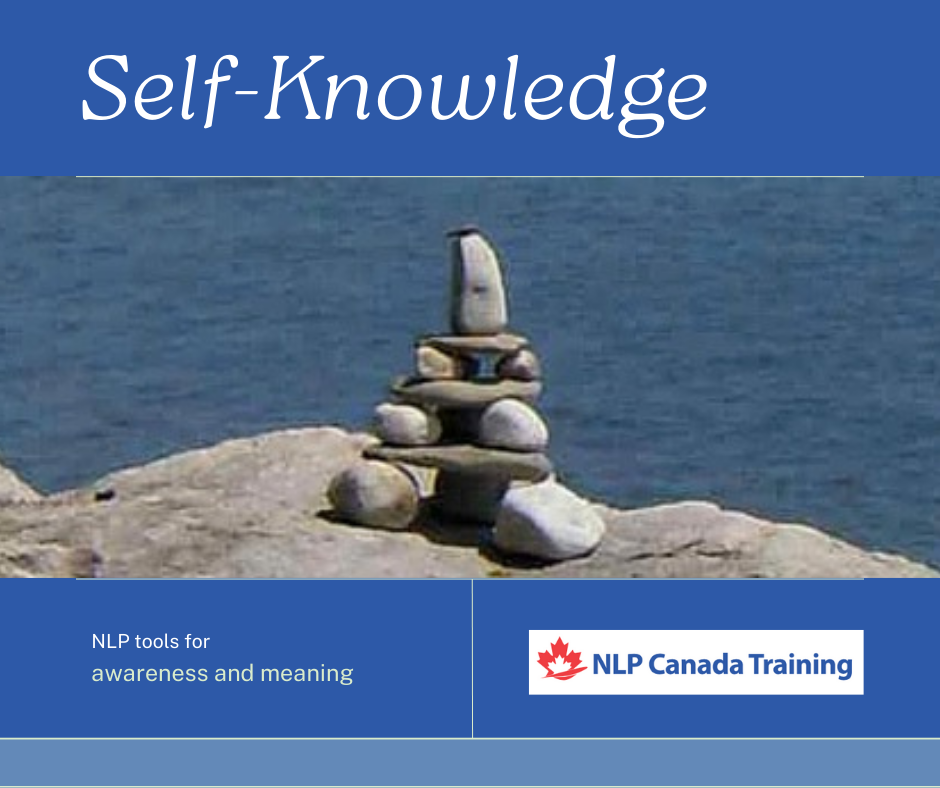As you look at the news, it seems obvious that the world is a dangerous place. But it’s also true that we are wired to look at the dangers. Our brains, left to their own devices, are endlessly searching for the next threat. We are biased toward the negative.
Research, on the other hand, has suggested that optimism builds resilience and leads to more success than realism. Here’s one quote from the Heart and Stroke Foundation:
“A positive mindset is associated with better health and a lower chance of disease. A review of 15 studies with over 200,000 participants found a 35% lower chance of getting heart disease and a 14% lower chance of early death in people who were optimists.”
How can you build optimism? It takes willpower to move your attention from problems to the strengths that will solve them. That willpower is a little easier when you surround yourself with people who are also looking for strengths and solutions. It’s not about looking for a bright side. It’s about having the courage to believe that good things are possible.
You don’t have to believe the world is a friendly place. But if you work at believing it, you’ll probably live a longer, stronger life.



